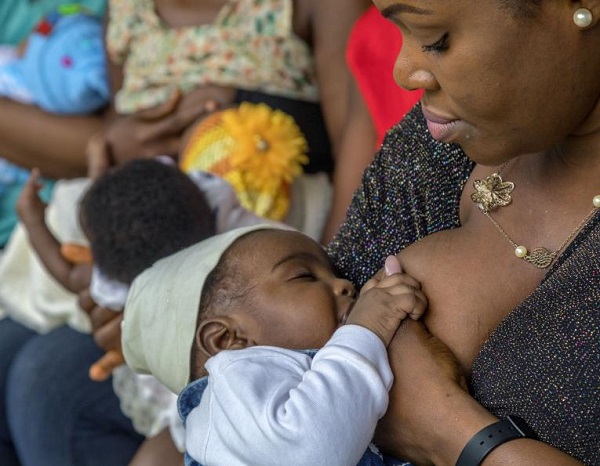
Stakeholders have emphasised the critical role of antenatal care in safeguarding the health of pregnant women and their babies, highlighting its significance in providing nutrition education and reducing pregnancy-related complications.
Speaking in separate interviews with Science Nigeria on Thursday in Abuja, experts underscored the need for improved antenatal care services to enhance maternal and child health outcomes.
Dr. Ojo Olaniyan, a public health expert, stressed the importance of antenatal care in equipping pregnant women with essential knowledge to make informed health decisions.
“Antenatal care goes beyond routine checkups; it’s about empowering women with knowledge on nutrition, managing health conditions, and preparing for childbirth. When women have access to these services, they are more likely to have healthier pregnancies and safer deliveries,” he said.
According to a recent report by the National Primary Health Care Development Agency (NPHCDA), only 60 per cent of pregnant women in Nigeria attend at least one antenatal visit, with fewer completing the recommended four visits. Experts warn that this gap significantly contributes to the country’s high maternal and neonatal mortality rates.
Sharing her experience, Mrs. Mary Adebayo, a mother of two residing in Abuja’s Garki International Market, said antenatal care made a significant difference during her second pregnancy.
“With my first child, I didn’t attend antenatal classes, and I struggled with complications. For my second pregnancy, I learned about nutrition and baby care and my delivery was much smoother,” she said.
However, challenges such as cultural beliefs, inadequate transportation, and poor health facilities continue to limit access to antenatal care, particularly in rural areas.
Mrs. Rakiya Suleiman, a nurse, highlighted the need for targeted interventions to bridge the gap. “We need programs to raise awareness, especially in rural areas, where cultural barriers and distance to health centers prevent women from seeking care,” she said.
As Nigeria works to reduce maternal and neonatal deaths, experts are urging the government and development partners to invest in community health initiatives and strengthen maternal health policies to ensure antenatal care remains a priority.

